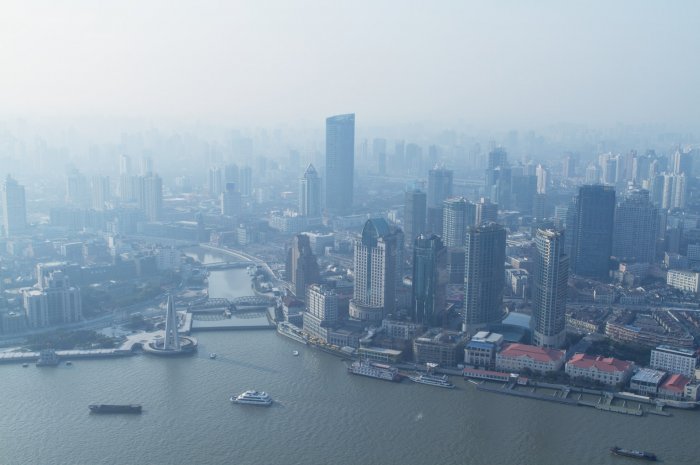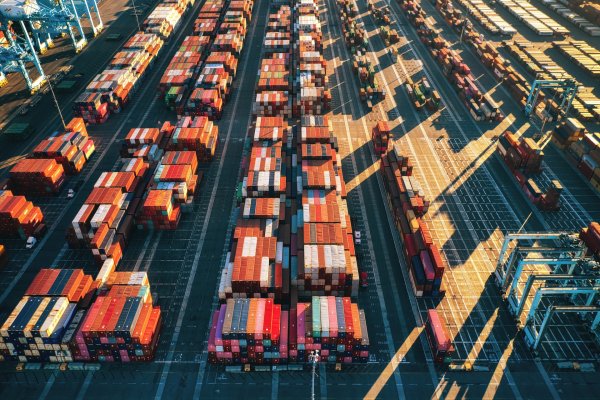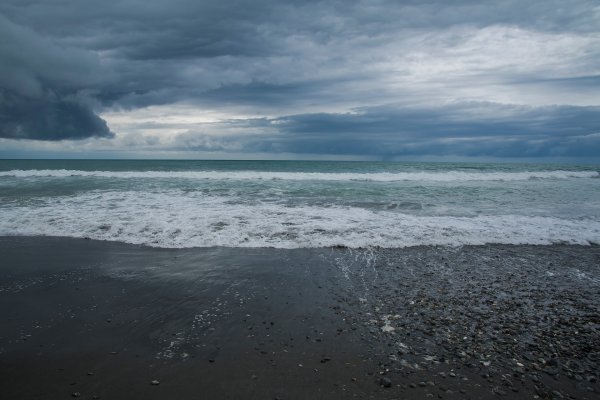
April has been a turbulent month in shipping. The COVID-19 outbreak in China is causing shockwaves across the global supply chain, as it already struggles to cope with the impact of Russian-Ukrainian war.
More positively, we are also seeing productive conversions with Australia’s trading partners, as Australia opens discussions with the UAE and cements an Economic Cooperation and Trade Agreement with India.
Freight, explained: Lost capacity
There have been lots of conversations recently around global ‘lost shipping capacity’ and what exactly that means for global supply chains
‘Lost capacity’ refers to the number of containership slots that aren’t filled because the port is skipped or blanked entirely by a shipping line. This is usually a result of a ship being at high capacity, and stopping at the port is considered uneconomical for the shipping line.
Lost capacity hits importers, exporters and freight forwarders hard, as there are often surcharges and ongoing issues that result from delayed cargo.
What’s happening in shipping this month
Here are the top news items in shipping for April 2022:
1. Australian government to apply tariff to imports from Russia & Belarus – The Australian government will be applying an additional 35% tariff on all imports from Russia and Belarus. Potential fallout may occur, with some goods already traveling to Australia that may have these tariffs imposed upon them. The tariff will be applicable from 25 April 2022.
Previously, Russia received the ‘Most-Favoured-Nation’ (MFN) tariff treatment. They have now been removed from that list. Read the Australian foreign minister’s statement here.
2. Submissions to WA Shipping and Supply Chain Taskforce enquiry – Last month, the Western Australian Government announced the formation of the WA Shipping and Supply Chain Taskforce. The goal of this task force would be to examine supply chain risk and resilience.
The Freight Trade Alliance (FTA) have been approached to make a submission regarding the review.
FTA members can submit their contributions here.
3. Australia & UAE Comprehensive Economic Partnership Agreement – In mid-March, a joint statement was issued indicating that Australia and the UAE were intending to pursue a Comprehensive Economic Partnership Agreement (CEPA). This comes after the 2007 talks were paused after 4 rounds of negotiations.
The Department of Foreign Affairs and Trade (DFAT) will be taking submissions regarding the agreement, with a particular focus on hearing about the opportunities that this will provide and problems it may solve for Australian importers and exporters. Submissions should be made before 30th April 2022. Find out more here.
4. Australia signs Free Trade Agreement with India – On April 2nd, Australia signed an Economic Cooperation and Trade Agreement with India, to strengthen the Australia-India relationship as well as provide cost savings and opportunities for both countries. As part of the agreement, more than 85% of Australian exports to India will not face tariffs, expected to rise to 91% over 10 years.
5. Third of global shipping capacity lost in 2021 – Reported at the Global Shippers Forum Quarterly Review, a third of global capacity was lost in 2021. Carriers have reduced both schedules and capacity, causing delays for freight forwarders, importers and exporters.
Capacity is lost when a port is skipped or blanked by the entire shipping line, resulting in less container slots than anticipated.
Specific to Australian ports, the FTA/ASPA have noted that much of the lost capacity was a result of extreme weather conditions, COVID-19 effects and industrial action.
6. COVID outbreak wreaks havoc on Chinese ports – In Shanghai, China, COVID-19 numbers are at their highest since the initial Wuhan outbreak in 2020. As a result of this and the subsequent lockdowns, ships are queuing in long lines to reach Chinese ports.
As of April 11th 2022, 477 bulk cargo ships are reported to be waiting off Chinese ports, 222 of which are waiting off Shanghai.
The delays have wreaked havoc on supply chains globally, creating ripple effects that are disrupting supply chains currently trying to recover. Australia will also feel the effects, with unpredictable shortages to come.
If you have any questions or feedback, please don’t hesitate to get in touch with your MYC liaison or call us on 1800 434 111.


